Neuroscience
-
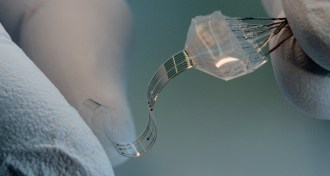 Neuroscience
NeuroscienceSoft brain implant helps paralyzed rats walk again
Scientists have made a soft, flexible electrical implant that mimics the elasticity of the brain and spine's protective tissue.
-
 Neuroscience
NeurosciencePET scans hint at brain’s reorganization after injury
Imaging monkeys’ brains after strokelike injury is giving scientists clues to how neurons reorganize themselves so the animals can move again.
-
 Neuroscience
NeuroscienceCold War collaboration probed possible viral cause of ALS
A mid-1960s collaboration between American and Soviet researchers explored a possible viral cause of ALS.
By Beth Mole -
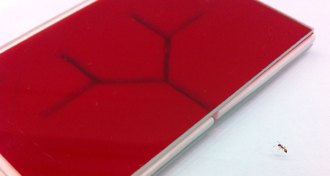 Animals
AnimalsRock ants favor left turns in unfamiliar crevices
Rock ants’ bias for turning left in mazes, a bit like handedness in people, may reflect different specializations in the halves of their nervous system.
By Susan Milius -
 Neuroscience
NeuroscienceSmartphone users’ thumbs are reshaping their brains
Smartphones are forcing us to use our thumbs in new ways and reshaping the way our brains respond to touch.
-
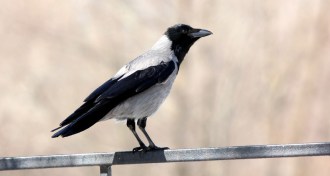 Animals
AnimalsCrows may be able to make analogies
Crows with little training pass a lab test for analogical reasoning that requires matching similar or different icons.
By Susan Milius -
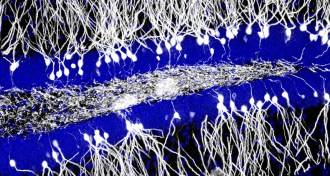 Neuroscience
NeuroscienceYear in review: Memories vulnerable to manipulation
New experimental results in 2014 helped bring scientists closer to understanding how the brain manipulates memories to make sense of the world.
-
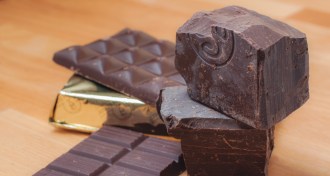 Neuroscience
NeuroscienceCocoa antioxidant sweetens cognition in elderly
Very high doses of antioxidants found in cocoa may prevent some types of cognitive decline in older adults. But that’s not an excuse to eat more chocolate.
-
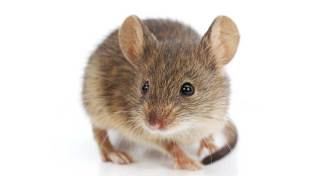 Neuroscience
NeuroscienceYear in review: Young blood aids old brains
Ingredients in young blood can rejuvenate old mice’s bodies and brains, scientists reported in 2014.
-
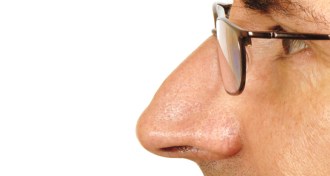 Neuroscience
NeuroscienceYear in review: The nose knows a trillion odors
Humans can suss out more than 1 trillion different smells, a 2014 study estimated.
By Bruce Bower -
 Neuroscience
NeuroscienceMolecule impairs brain cells that fail in Alzheimer’s
In mice, blocking a molecule on immune cells allowed them to mop up the type of protein buildup seen in the brains of people with Alzheimer’s.
-
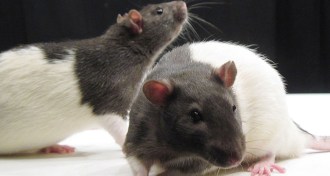 Neuroscience
NeurosciencePlace cells in brain reveal how memories are kept separate
Place cells' distinct firing patterns reveal how the brain has such a huge capacity for storing memories and distinguishing them from one another.